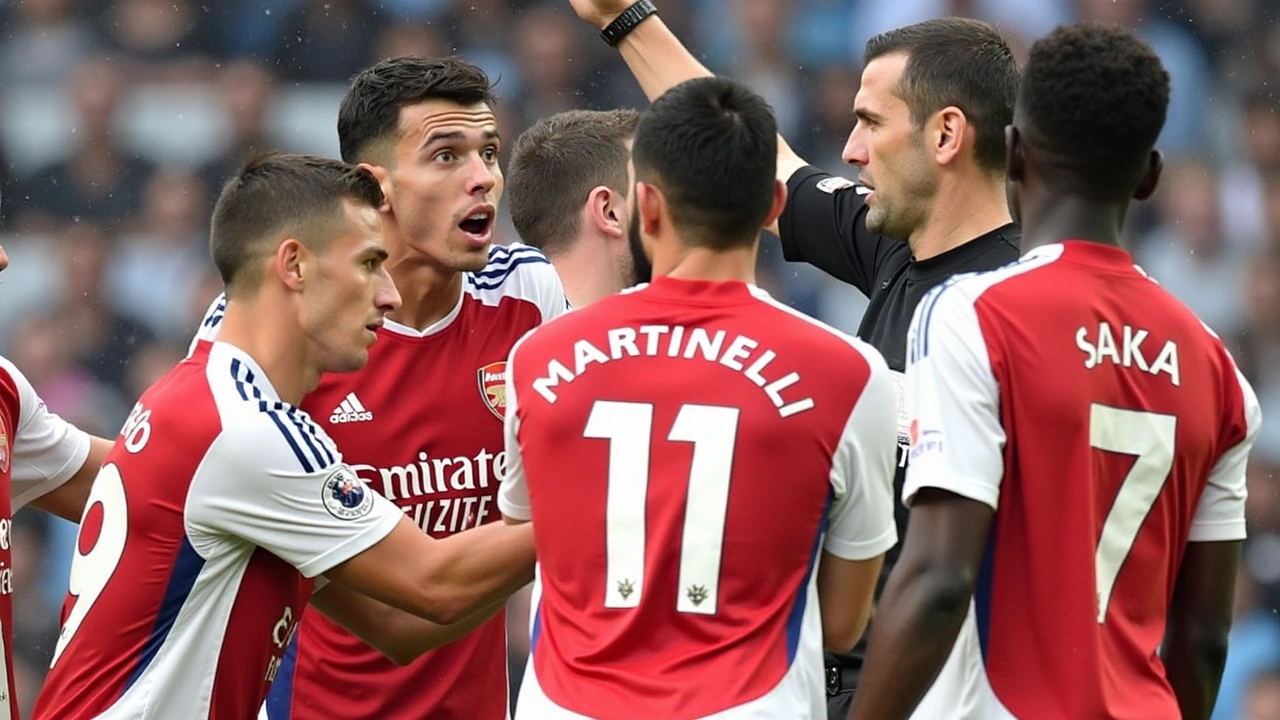Kyle Walker — pace, power and the role he plays for club and country
He’s one of the quickest defenders on the planet, and that speed changes games. Kyle Walker combines raw pace with experience: he reads danger, recovers fast, and still surprises opponents with forward runs. If you follow Manchester City or England, Walker is a player who affects both ends of the pitch in ways that matter every week.
Why Kyle Walker matters right now
Walker isn’t just a full-back who runs up and down the line. He’s a tactical tool. Pep Guardiola uses him to stretch play, cover counterattacks, and start attacks from deep. Against teams that press high, Walker’s speed lets City play wider and breathe out of pressure. For England, his experience calms the backline—he’s useful in tight qualifiers and knockout games where the margin is thin.
Fans should watch three things when Walker plays: his positioning on the wing, how quickly he recovers after a turnover, and his choices when joining attacks. When he times overlaps well, he creates chances. When he sits deeper, he negates fast wingers.
How he plays — strengths, limits and tips for managers
Strengths first: pace, stamina, and one-on-one defending. Walker’s acceleration makes him a natural for recovery tackles and tracking speedy attackers. He’s strong in duels and comfortable with the ball at his feet, which helps in build-up play. He also knows when to make the final cross or recycle possession instead of forcing risky moves.
Limits are real too. He can be exposed against teams that overload the flank or use inverted wingers to drag him out of position. As he ages, recovery between intense bursts matters more. Smart managers manage his workload: rotate him in heavy schedules, protect him with a defensive mid when facing quick transition teams, and use his experience in big matches rather than every midweek fixture.
For coaches: use Walker as a strategic option. Let him bomb forward when you need width. Keep a central midfielder ready to shift and cover. That balance keeps his attacking benefit without leaving gaps behind.
For fantasy football players: Walker scores better in clean-sheet systems with chance-creating full-backs. He’s less valuable when his team rests stars or faces heavy rotation. Check injury reports and rotation risk before picking him for double-gameweeks.
Off the pitch, Walker’s leadership matters. He mentors younger defenders, sets standards at training, and adapts to tactical shifts. That influence often shows up late in tight games when calm decisions win points.
If you want to follow him this season, watch domestic league games, cup ties and England fixtures. Note his minutes: when he’s rested, it’s often to keep him sharp for big matches. That tells you how the manager values him and when you should expect peak performance.
Quick takeaway: Kyle Walker remains a top right-back because of speed, game sense, and adaptability. He’s not flawless, but used smartly he tilts matches in his team’s favor.
Man City vs Arsenal: Analyzing Key Decisions in a Thrilling 2-2 Draw at Etihad
The explosive match between Manchester City and Arsenal resulted in a dramatic 2-2 draw, marked by controversial decisions involving Kyle Walker, Jeremy Doku, and Leandro Trossard. Contentious calls by referee Michael Oliver played a significant role in shaping the match's outcome, stirring reactions from players, managers, and pundits.
